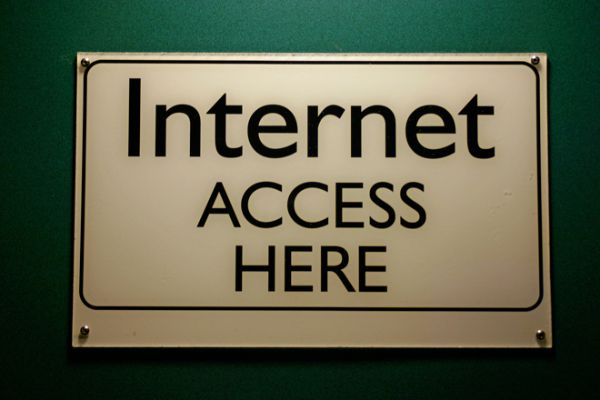Regulation of the Internet Becoming an International Interest


The regulation of the Internet is increasingly under scrutiny as matters of cybersecurity, intellectual property, and telecommunication development grow ever more complex. Although each issue remains distinct in nature, they are unquestionably intertwined in conversation and origin: freedom.
Early in 2012, controversy erupted over two bills, one in the House and one in the Senate, SOPA and PIPA, respectively. The bills sought to limit pirating and regulate the sharing of information. The Internet was awash with criticism as fear that the bills would limit the very liberty and growing permanence the Internet represents. Many websites, including powerhouses like Google and Wikipedia, participated in a web-wide blackout in protest of the bills. The bills were eventually shelved.
As lobbying in other sectors has declined, money on K Street is flowing for issues related to cybersecurity and telecommunications. Internet giant Google, for example, has increased its lobbying activities significantly over the last few years, even opening an office in Washington, DC dedicated to lobbying.
Google spent $2 million on lobbying in the second quarter of 2011 alone, and by the end of the year had spent almost $14 million in lobbying for a variety of Internet-related issues. The trend continued this year as the company has already spent $4.7 million more than last.
Fewer than four companies listed cybersecurity as a lobbying expense in 2001, but by 2011 the number had risen to nearly 1,500. Additionally, the Department of Homeland security has highlighted the increasing urgency to protect the Internet from cyber attacks, as sensitive information becomes more vulnerable than ever.
The interests of security, privacy, and entitlement are all at odds with one another online, as freedom of information is precariously balanced with personal privacy protection and potential revenue from IP rights.
This coming week, over 190 government representatives, as well as Internet and telecommunications companies, will be meeting in Dubai on what the next steps in controlling, or freeing, the Internet might be. Big players in the Internet world, like Google, worry that the conference could set an overbearing precedent by the international community on the Internet’s inherent freedoms.
, “This is a very important moment in the history of the Internet, because this conference may introduce practices that are inimical to its continued growth and openness.”Vinton G. Cerf, vice president at Google, sent an mass e-mail to Google Mail users last week, urging them to take action, make their voices heard, and protect the “free and open” Internet. In a conference call with members of the press, he said
Internet regulation is still being contested domestically too, as Rep. Darrell Issa (R-CA) proposed a freeze on legislation that “would require individuals or corporations engaged in activities on the Internet to meet additional requirements or activities.” In a Reddit AMA on November 27, Issa answered questions on his proposal, making it clear he was worried about overregulation of the Internet before lawmakers fully understood online culture and the risks or benefits of such regulation.
He wrote in response to one question:
"What this bill is hoping to do is hold off on rule-making and implementing regulations and new laws on the internet before the federal government is prepared and ready to move forward in a way that works for everyone involved — Internet users, job creators and all Americans."
Issues surrounding the Internet are incredibly convoluted and complicated, but it is clear that users, companies, and governments are queasy over both its freedom and restriction. As the technology becomes even more pervasive in culture, both domestically and globally, as well as a prominent national security issue, international consensus could become trickier to navigate.



